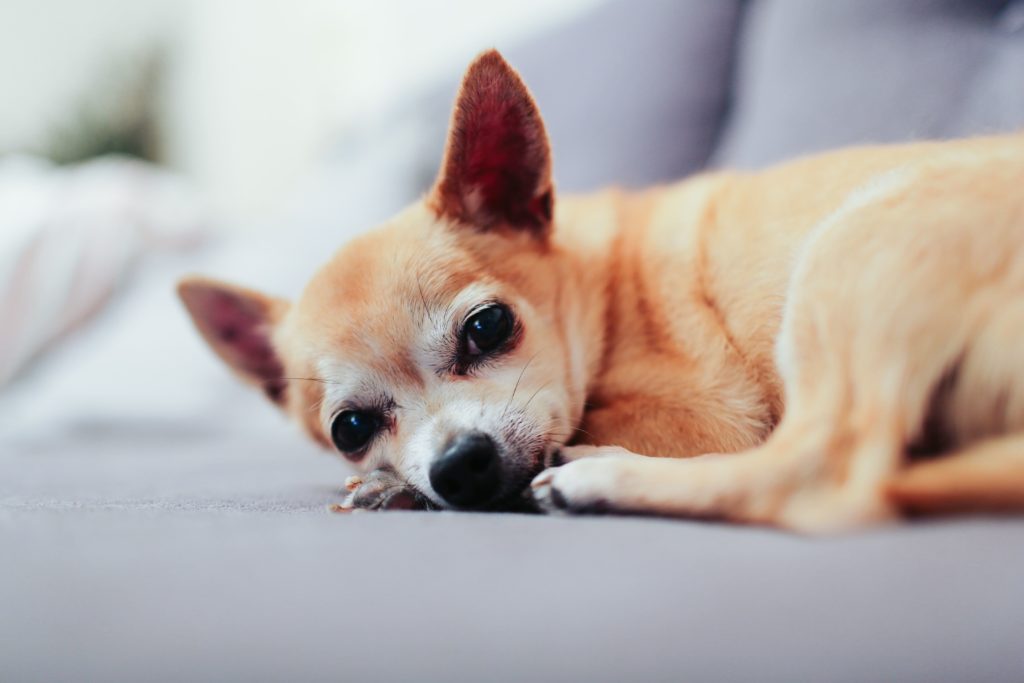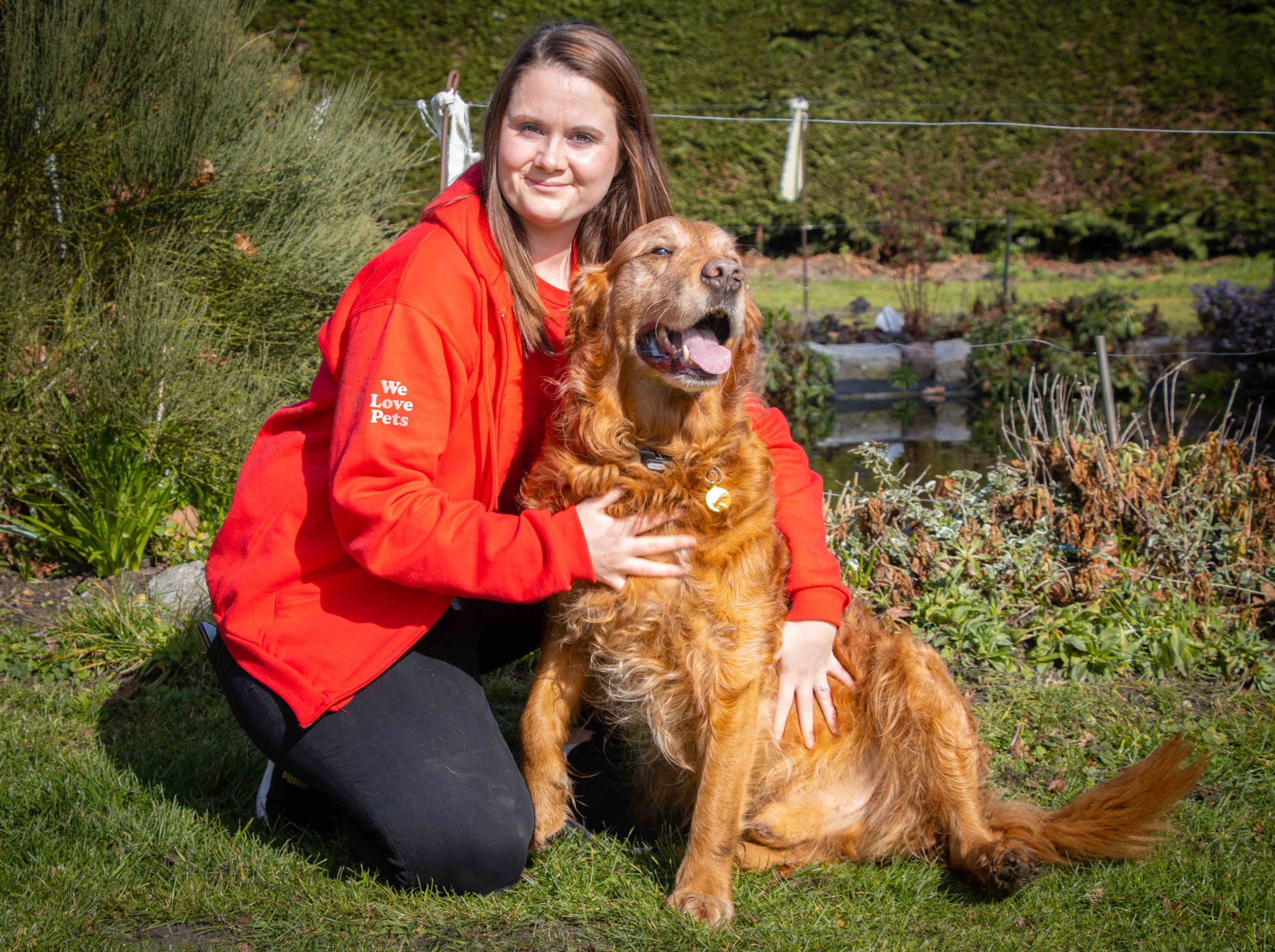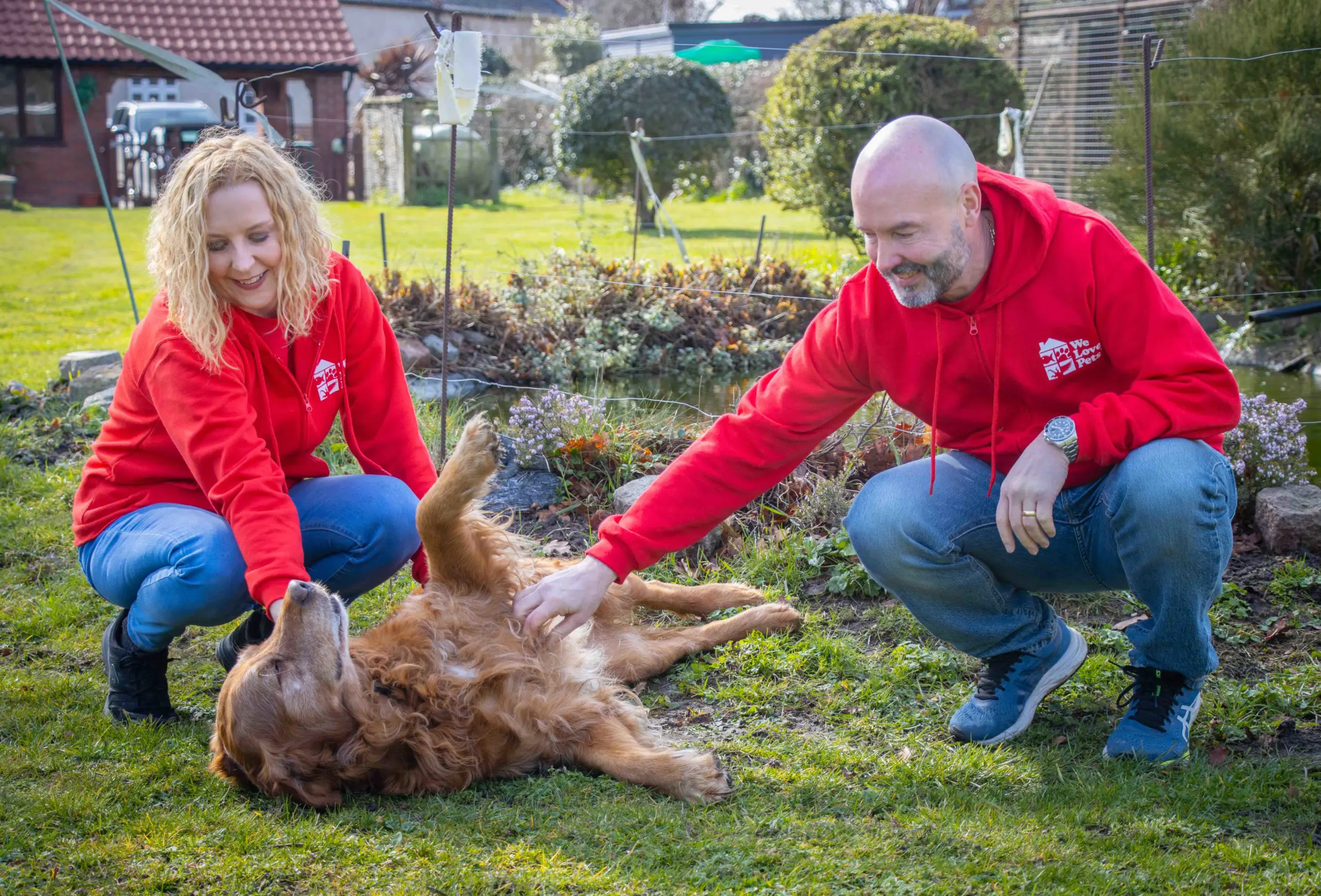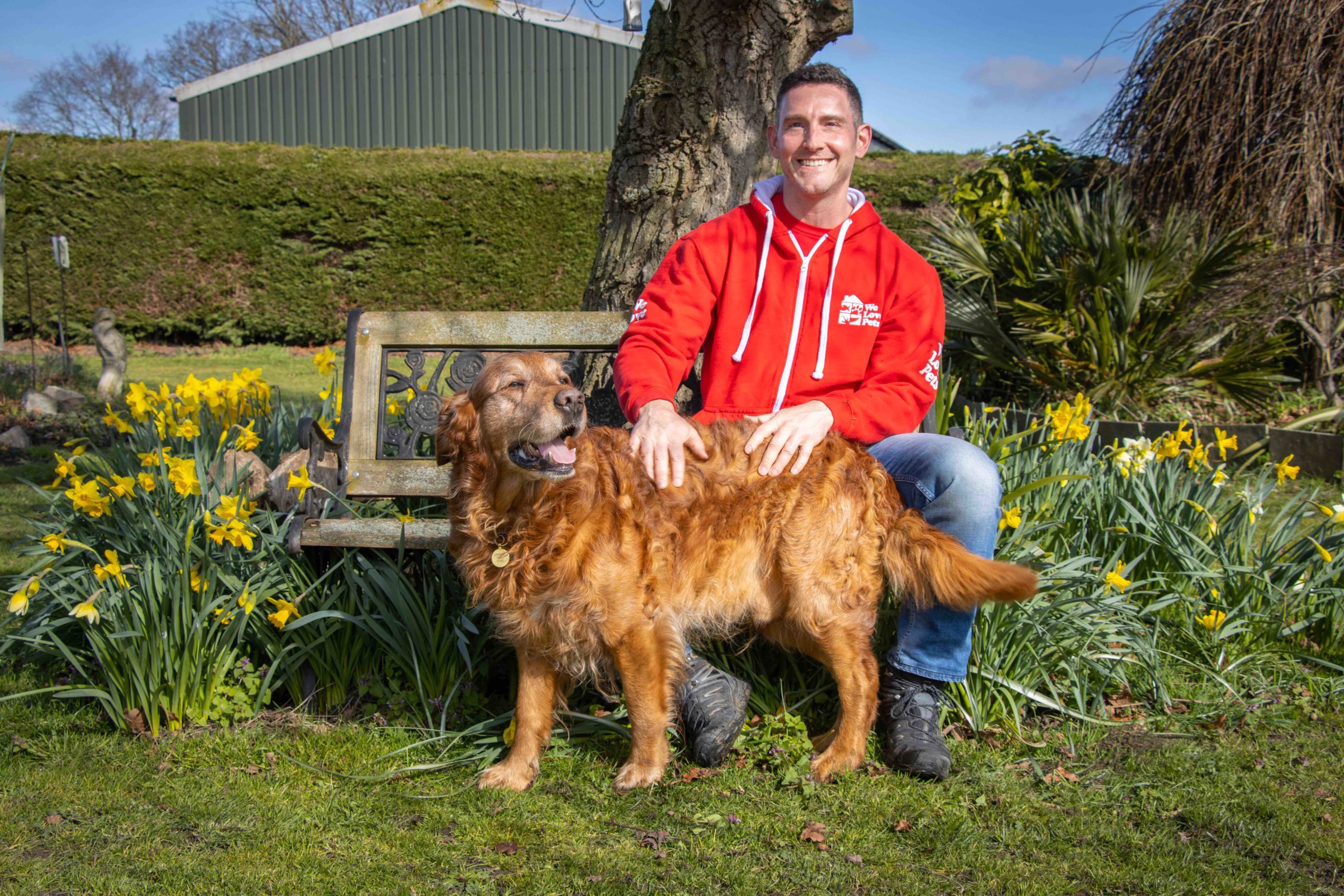Losing a pet is incredibly hard – but remember you’re never alone. The initial shock of knowing your best friend is no longer with you anymore can be incredibly difficult to process. You feel like there is a missing puzzle piece to your heart, and that is completely understandable. But there are ways of dealing with grief, and grief is different for everyone.
I have put together healthy ways of dealing with the loss of your companion.
Time is a great healer
When it comes to the loss of your long-term companion it may feel like you will never recover, that your heart is permanently broken. But it is a fact that time is a great healer, although the journey will be hard and tense, you will make it through to the other side. Since grief is a process that takes time to work through, and is very different for each individual there is no right or wrong way to grieve. As much as you will be desperate to speed along the recovery process but, it is important to be patient and to take your time to heal.
It’s ok to be human
Feeling emotions is very normal and is also a sign of healing as well as being a big part of being a human, the worst thing you could do is to restrict yourself from being in touch with your feelings and emotions. You’re not a robot, people were not built to suppress grief and traumas it can only lead to bigger problems down the line but, please remember suppressing your feelings isn’t your fault society as a whole through the years and generations has taught us that suppressing is the “strong” thing to do, when in a matter of fact, the hardest thing to do is to be honest with yourself and others about how you’re feeling, so be easy on yourself. So, it really is incredibly important to try and face your feelings while you are experiencing them if possible. And to never be afraid to ask for help, as humans we rely on friends and family for that help, guidance and advice and also to vent to, you will find that they will be more than willing to be there for you since they care about you. So, give yourself permission to feel sad, angry and depressed.
Saying goodbye
Saying goodbye to your companion is the hardest stage in the process of grief, to a lot of people saying goodbye means that’s it, that there is nothing more as well as coming to the reality that your friend isn’t here anymore and because of that reason a lot of people tend to put off or even avoid saying goodbye, it’s understandable, I think we have all been at that point with one of our pets, I know I have.
Grieving for a pet that had passed unexpectedly/suddenly can be a different type of mourning process also a very confusing one for the person at hand to go through, there may be a lot of denial and questioning of your own reality. Especially, when your pet had been seemingly acting their normal self.
A picture that comes to life
Keeping pictures of your pet in one place can really help with keeping the memory of your furry friend alive in your heart and to bring you back to the day when you took that beautiful picture at the beach having a relaxing swim in the summer, not expecting your companion to jump in after you, you may be able to feel that smile you had on your face at the time, the feeling of the waves crashing around you and being able to picture the enjoyment on your furry friend’s face, pictures really do come alive.
Permission to move on
It’s ok to move on, I know you’re not going to feel like you’re able to do so right now and I know you will be feeling guilty even at the idea of moving on, maybe even feel like if you do move on you would be cheating as such on your past companion. But it is essential to remember that they wouldn’t have wanted you to suffer as you are. When moving on its important that you keep living your life and carry on with your daily doings, keep doing what you enjoy and trying not to spiral into your own sadness.
How to help a grieving pet
A pet dealing with any form of grieving can be a hard time especially for the owner as his/her normal characteristics may decrease due to dealing with a loss. Pet owners may have 2 pets homed together as part of the family and overtime these pets whether being the same age, breed or even species, will most likely adapt to one another leading to a healthy and strong bond and unfortunately death is part of life and when one of the pets pass on the other may became distressed and depressed, it is crucial for the owner of this pet to support the pet through this difficult and perhaps new emotion as this may be the first time this certain pet has experienced loss.
Dogs for example tend to grow unbreakable bonds with their household members and sometimes that includes another dog or even cat, and when that member passes the surviving dog may show mild or severe symptoms or grief/mourning.
These symptoms may involve the following:
- Lack or loss of appetite
- Withdrawal from social interactions
- New forms of vocalising (trying to interact)
- New behaviours such as distancing or aggression, it’s important to know everyone and everything deals with a loss in a different way, all we need to do or advise to owners is to be there for the pet as much as possible.
- Increased sleep/rest time
It is important to know that some companionate pets may not mourn one another for whatever reason and that is also common and normal behaviour, for example a puppy won’t mourn the loss of an older dog within the family as much as a dog who has been living with that dog for multiple years. Meanwhile it’s also important to after a couple weeks get the dog back doing what it loves best and let it move on and not stay in the mourning timeframe as it may be damaging health wise in the future.




